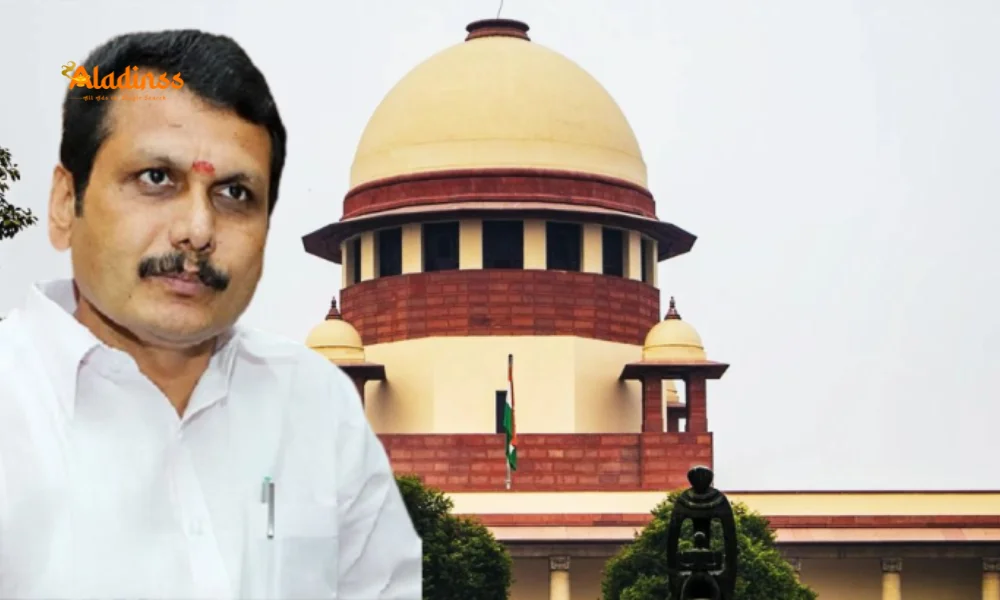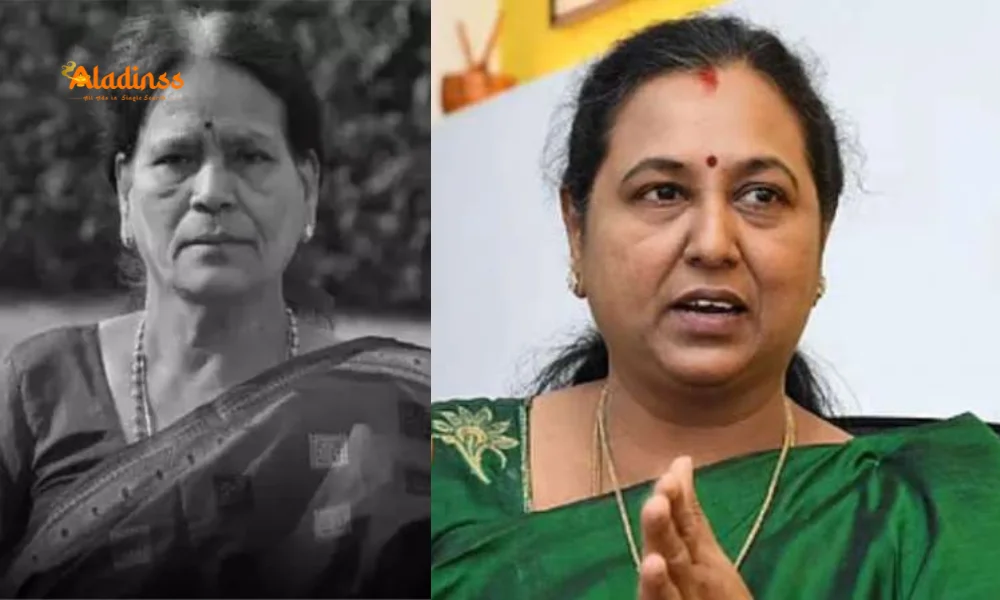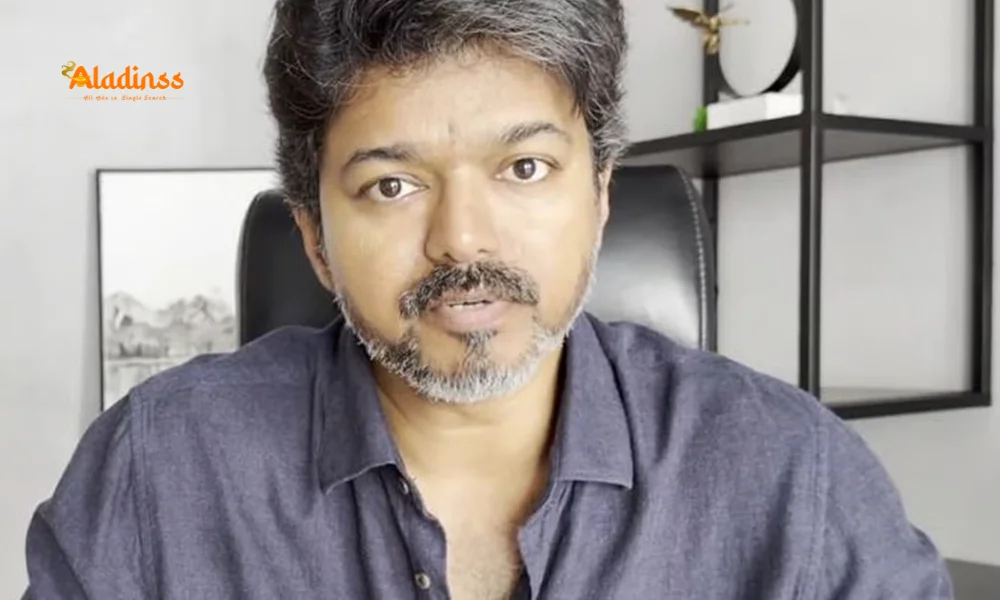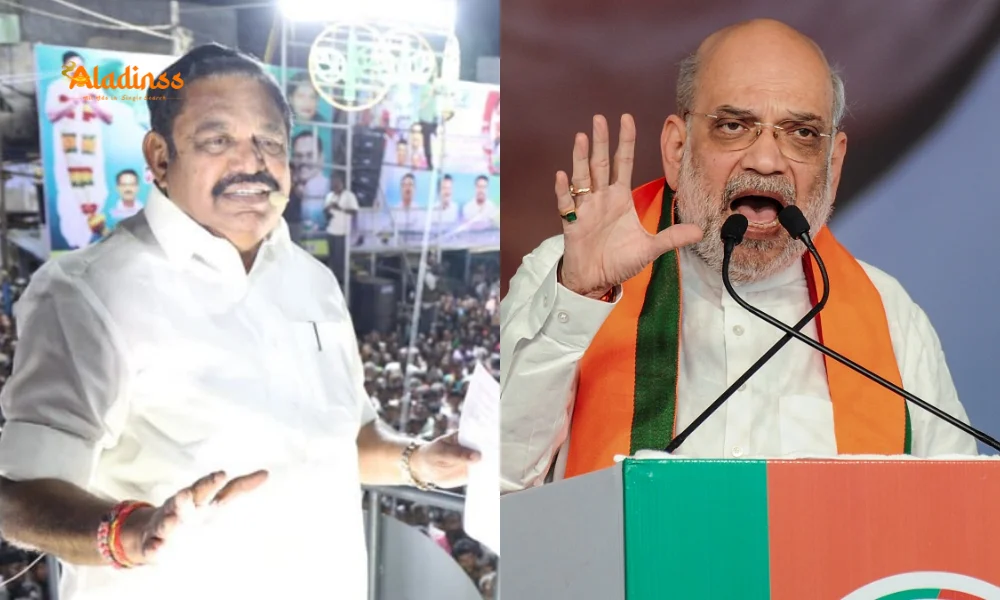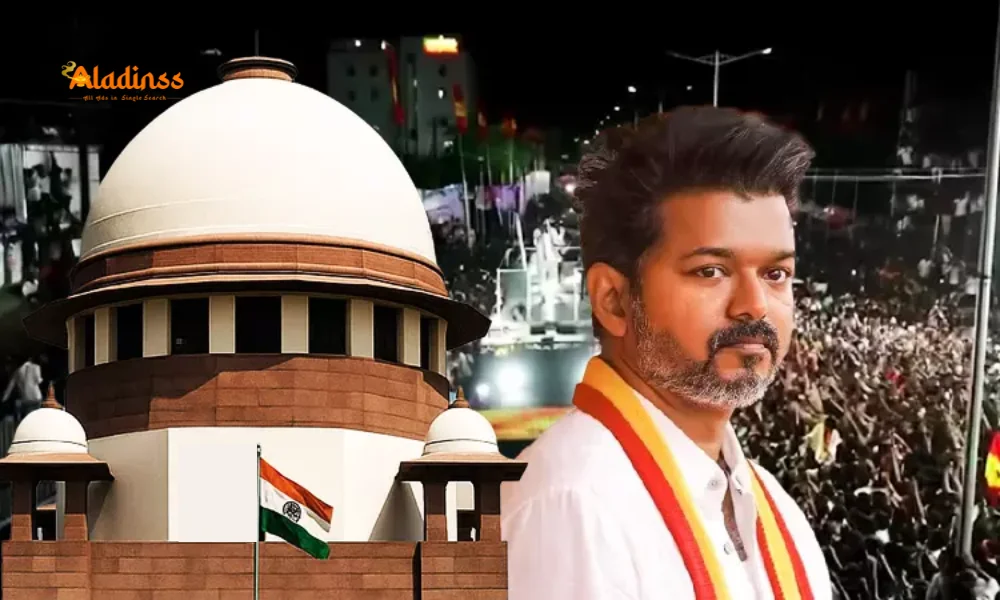India Slams Pakistan at UN Over Kashmir Claims
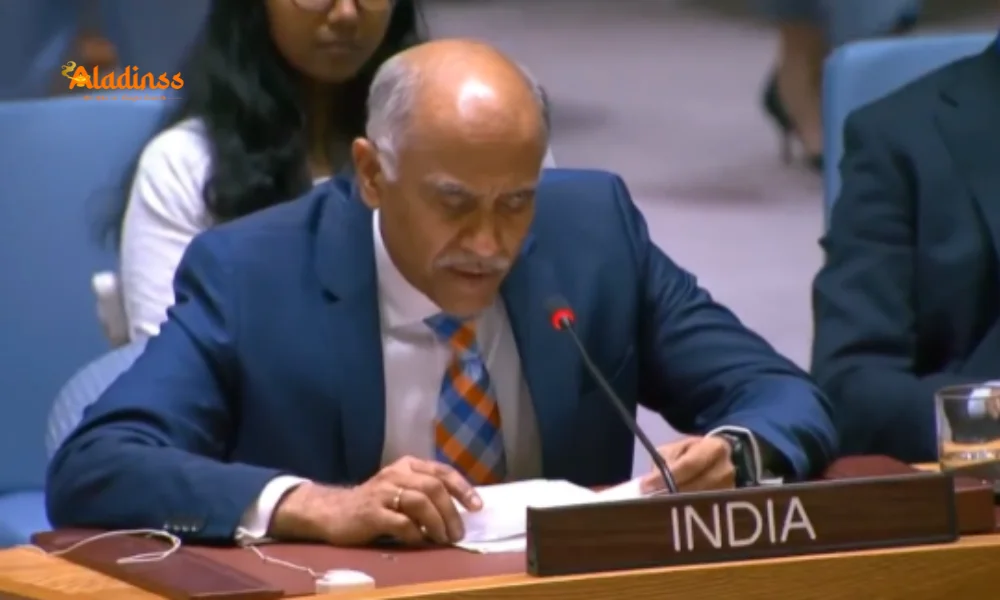
India Blasts Pakistan at UNSC: 'A Nation That Bombs Its Own' Over Kashmir Remarks
India Pakistan UN clash escalated dramatically at the United Nations Security Council, where New Delhi unleashed a scathing rebuke against Islamabad's allegations regarding Kashmiri women. During the pivotal Open Debate on Women, Peace and Security, India's Permanent Representative, Ambassador Parvathaneni Harish, branded Pakistan as a state that "bombs its own people" and perpetrates "systematic genocide." This fiery India slams Pakistan UN response came swiftly after a Pakistani diplomat accused Indian forces of deploying sexual violence as a tool of war against women in Jammu and Kashmir for decades. Harish dismissed the claims as a "delusional tirade," underscoring India's impeccable track record on the Women, Peace and Security (WPS) agenda while exposing Pakistan's historical atrocities, including the 1971 Operation Searchlight that sanctioned mass rape against 400,000 Bengali women. As tensions simmer ahead of the 25th anniversary of UNSC Resolution 1325, this exchange highlights enduring geopolitical frictions over Kashmir, with India reaffirming the region's eternal integration into its fold.
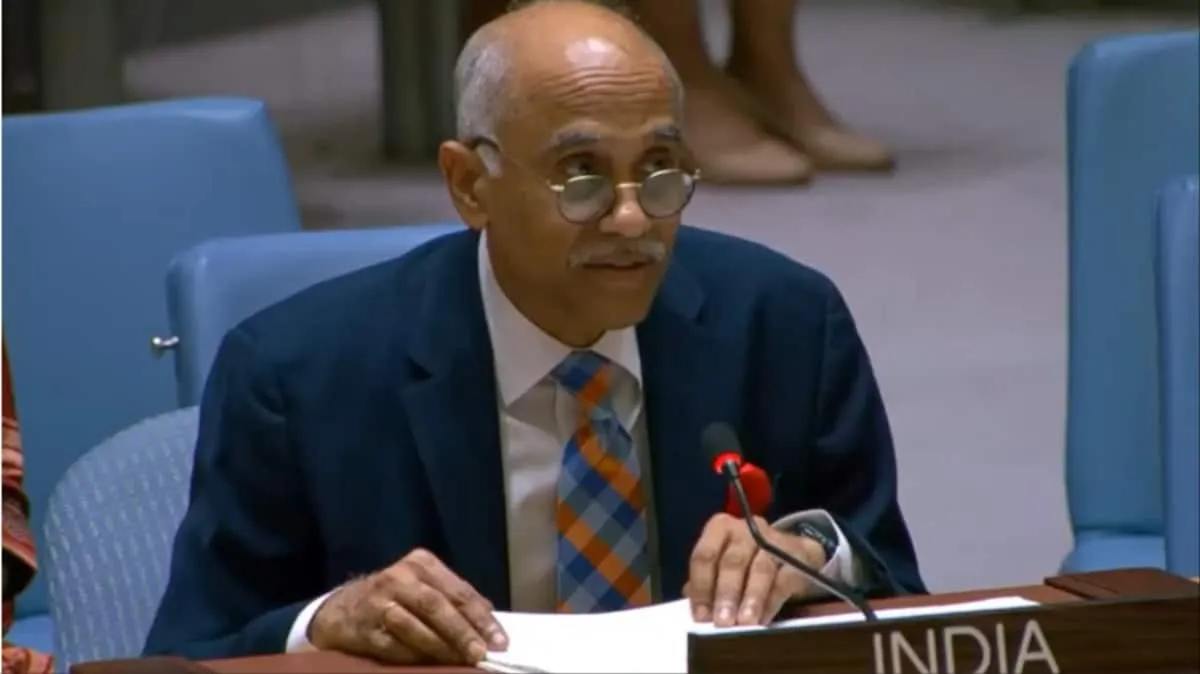
The confrontation unfolded on October 7, 2025, amid a global forum dedicated to advancing women's roles in conflict resolution and protection. Pakistan's Counsellor Saima Saleem had invoked the plight of Kashmiri women, alleging prolonged occupation and gendered violence, a narrative India views as propaganda to deflect from its internal failings. Harish countered by cataloging Pakistan's legacy of human rights abuses, from Balochistan suppressions to Pashtun marginalizations, positioning the intervention as a moral imperative rather than mere retort.
Ambassador Harish's Unyielding Rebuttal in UNSC Debate
In a poised yet piercing address, Ambassador Harish articulated India's disdain for Pakistan's annual ritual of Kashmir-focused diatribes. "Every year, we endure the delusional tirade of Pakistan against my country, especially on Jammu and Kashmir, the Indian territory they covet," he declared, emphasizing that such rhetoric cannot tarnish India's pioneering contributions to the WPS framework. From leading UN peacekeeping contingents with robust gender policies to enacting domestic laws like the Protection of Women from Domestic Violence Act, India's commitments remain steadfast and verifiable.
Harish pivoted to Pakistan's complicity in self-inflicted horrors, invoking Operation Searchlight-a 1971 military crackdown in East Pakistan that ignited the Bangladesh Liberation War. This operation, decried as genocide by international bodies including the US Congress's H.Res.1430, involved the systematic rape of up to 400,000 women as a terror tactic, alongside mass killings that claimed three million lives. "The world sees through Pakistan’s propaganda," Harish asserted, urging the council to recognize misdirection when it masquerades as advocacy.
Pakistan's Allegations and the Kashmir Narrative
Pakistan's intervention, delivered by Counsellor Saleem, framed Kashmiri women as enduring "decades of occupation" marked by sexual violence as a war weapon-a charge rooted in disputed reports from conflict zones post-1989 insurgency. Islamabad has long leveraged UN platforms to internationalize the Kashmir dispute, contravening the 1972 Simla Agreement that mandates bilateral resolutions. Saleem's remarks echoed prior Pakistani submissions, blending human rights pleas with territorial claims, but lacked fresh evidence, drawing skepticism from neutral observers.
India's riposte was not isolated; just last week, during another UN session, New Delhi lambasted Pakistan's "world’s worst human rights records," citing state-sponsored terrorism and minority persecutions. These exchanges underscore a pattern: Pakistan's UNSC forays often provoke Indian clarifications on Kashmir's irrevocable status as an integral part, bolstered by the 2019 abrogation of Article 370 that streamlined governance without altering demographics or rights.
Also Read: Kamal Haasan on Vijay After Karur Stampede
Historical Context: Operation Searchlight and Pakistan's Dark Legacy
To grasp the sting of Harish's invocation, one must revisit Operation Searchlight, launched on March 25, 1971, by the Pakistan Army to quash Bengali separatists in East Pakistan. What began as a preemptive strike devolved into one of the 20th century's bloodiest genocides, with intellectuals targeted first, followed by indiscriminate civilian massacres. The International Commission of Jurists labeled it genocide, while survivor testimonies detail the army's orchestrated rapes-often in camps dubbed "rape centers"-as psychological warfare to shatter communal bonds.
Estimates vary, but the figure of 400,000 violated women, drawn from Bangladesh's official records and corroborated by scholars like Susan Brownmiller in "Against Our Will," paints a harrowing picture. This legacy haunts Pakistan's global image, resurfacing in forums like the UNSC to counter its moral posturing on issues like Kashmir. India's reference serves dual purposes: historical reckoning and a shield against hypocrisy, reminding delegates of Islamabad's unresolved apologies to Dhaka even today.
India's Stellar WPS Contributions Amid Global Scrutiny
Contrasting Pakistan's shadows, India showcased its WPS prowess during the debate. As the largest troop contributor to UN peacekeeping-over 250,000 personnel since 1948-India integrates gender perspectives via all-female Formed Police Units and initiatives like the Malaviya Battalion. Domestically, the National Action Plan on WPS, rolled out in 2023, aligns with Resolution 1325 by enhancing women's participation in security sectors and combating gender-based violence through laws like the POCSO Act.
- Empowering 33% female reservation in local governance via Panchayati Raj.
- Deploying women officers in counter-insurgency ops in Kashmir, fostering trust.
- International advocacy, co-sponsoring UN resolutions on conflict-related sexual violence.
- Capacity-building programs for Afghan and Sri Lankan women under bilateral ties.
These strides, Harish noted, remain "unblemished," inviting scrutiny while challenging adversaries to match deeds over words. The debate, timed near Resolution 1325's silver jubilee, amplified calls for inclusive peace processes, with India's interventions resonating among Global South nations weary of selective outrage.
Geopolitical Echoes: Kashmir in the UN Spotlight
The India Pakistan UNSC face-off revives the Kashmir imbroglio, a flashpoint since 1947's partition. Pakistan's invocations often cite UN resolutions from the 1940s, but India counters with post-independence integrations and the 2019 constitutional reforms that revoked special status, spurring economic booms in tourism and horticulture. Recent data shows improved female literacy and workforce participation in the valley, countering violence narratives with development metrics.
Globally, the spat underscores WPS's weaponization in diplomacy. Briefers like UN Women Executive Director Sima Bahous and Special Representative Pramila Patten emphasized holistic approaches, from Sudan's displacements to Ukraine's gendered impacts, indirectly validating India's push for substantive over sensational discourse.
Broader Implications for Women in Conflict Zones
Beyond bilateral barbs, the debate spotlights WPS's evolution since 2000. With 25 years under Resolution 1325, progress lags: only 13% of peace agreements reference women, per UN data. India's advocacy aligns with Secretary-General António Guterres's calls for feminist foreign policies, urging states to amplify women's voices in cease-fires and reconstructions.
- Addressing intersectional vulnerabilities in hybrid wars blending cyber and physical threats.
- Enhancing accountability via tribunals for conflict-related sexual exploitation.
- Promoting economic empowerment through skill hubs in post-conflict societies.
- Fostering youth-led initiatives for gender-just peacebuilding.
Pakistan's deflection, Harish implied, undermines these goals, diverting from shared challenges like climate-induced displacements affecting women disproportionately. As the council mulls a presidential statement, India's firm stance reinforces multilateralism's role in piercing propaganda veils.
Future Horizons: Diplomacy and Dialogue
Looking ahead, this UNSC skirmish may catalyze backchannel talks, echoing past Indus Waters Treaty mechanisms. India's recent SCO engagements signal openness to confidence-building, provided Pakistan curbs cross-border militancy. For WPS, the October debate's outcomes could shape 2026 priorities, with India poised to lead on inclusive security paradigms.
In sum, Harish's salvo encapsulates India's dual narrative: unyielding sovereignty and unwavering gender equity. As echoes fade in New York's halls, the message lingers-a call to authenticity in peace pursuits, where actions eclipse accusations, and history informs harmony.
Reflecting on enduring rivalries, such forums offer catharsis and calibration. With Kashmir's women at the crux-resilient entrepreneurs and educators-India's defense honors their agency, urging a world where peace is not professed, but practiced.
Comment / Reply From
No comments yet. Be the first to comment!
